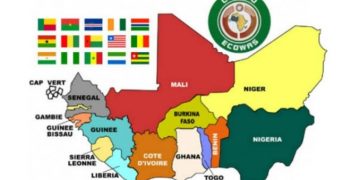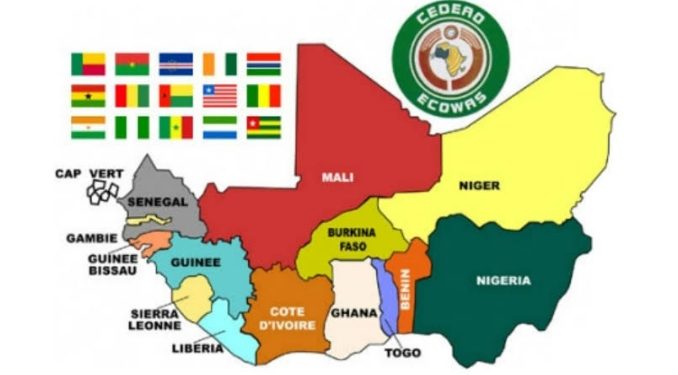By John Ikani
The 15 members of the Economic Community of West African States (ECOWAS) have converged in Abuja for high-level consultations to forge a common ground to ease migration difficulties in the region.
The three-day high-level consultation meeting is intended to find ways to ease migration and trade difficulties among the member states.
It was a kicker to the implementation of the Global Impact for Migration for the International Migration Forum 2022.
Speaking at the event, the Minister of Humanitarian Affairs, Disaster Management and Social Development, Sadiya Umar Faruoq, said the exchange between the member states would serve as a stepping stone to greater opportunity rather than problem-solving.
The minister, represented by the Director-General of the National Agency for Prohibition of Trafficking in Persons (NAPTIP), Fatima Waziri Azi, expressed optimism that responsibility sharing among the member states would ensure respect for migrants’ human rights.
She said, “IOM’s adaptive responses to the consequences lockdown and restrictive borders measure have shown the adaptability and agility of IOM’s response to continue ensuring the returnee and migrants’ wellbeing.
“In this regard, the migration dialogue in West Africa (MIDWA) whose secretariat is at the ECOWAS Commission can be a crucial forum.”
She added that the Global Compact had laid the foundation for renewed and strengthening partnerships, which reflects multifaceted priorities and coherent responses.
In an opening remark, the International Organisation for Migration (IOM)’s Senior Regional Advisor for Sub Saharan Africa, Aissata Kane, harped on the need to use a rounded approach to the mobility continuum in West Africa.
“A coherent multidimensional approach to human mobility that helps pave the way for inclusive, coherent and intersectional dynamics, where each actor has a key role to play to ensure an integrated and holistic response and sustained opportunities for safe and orderly migration [is key],” the IOM representative said.
Kane said the Global Compact for Migration is not only a range of objectives for all stakeholders to implement but rather a shared vision that migration could benefit migrants, their communities and countries, if well managed and people-centred.
“In the next three days, the ECOWAS consultations serve as a great occasion to discuss for the first time in person among the Member States of ECOWAS the lessons learned and share the main takeaways of the implementation of the Global Compact in the West African region.
“The consultations are indeed an excellent opportunity to exchange ideas on the future of mobility, the implementation of the ECOWAS free movement protocol, and more generally on migration in today’s challenging times and circumstances,” Kane added.




































